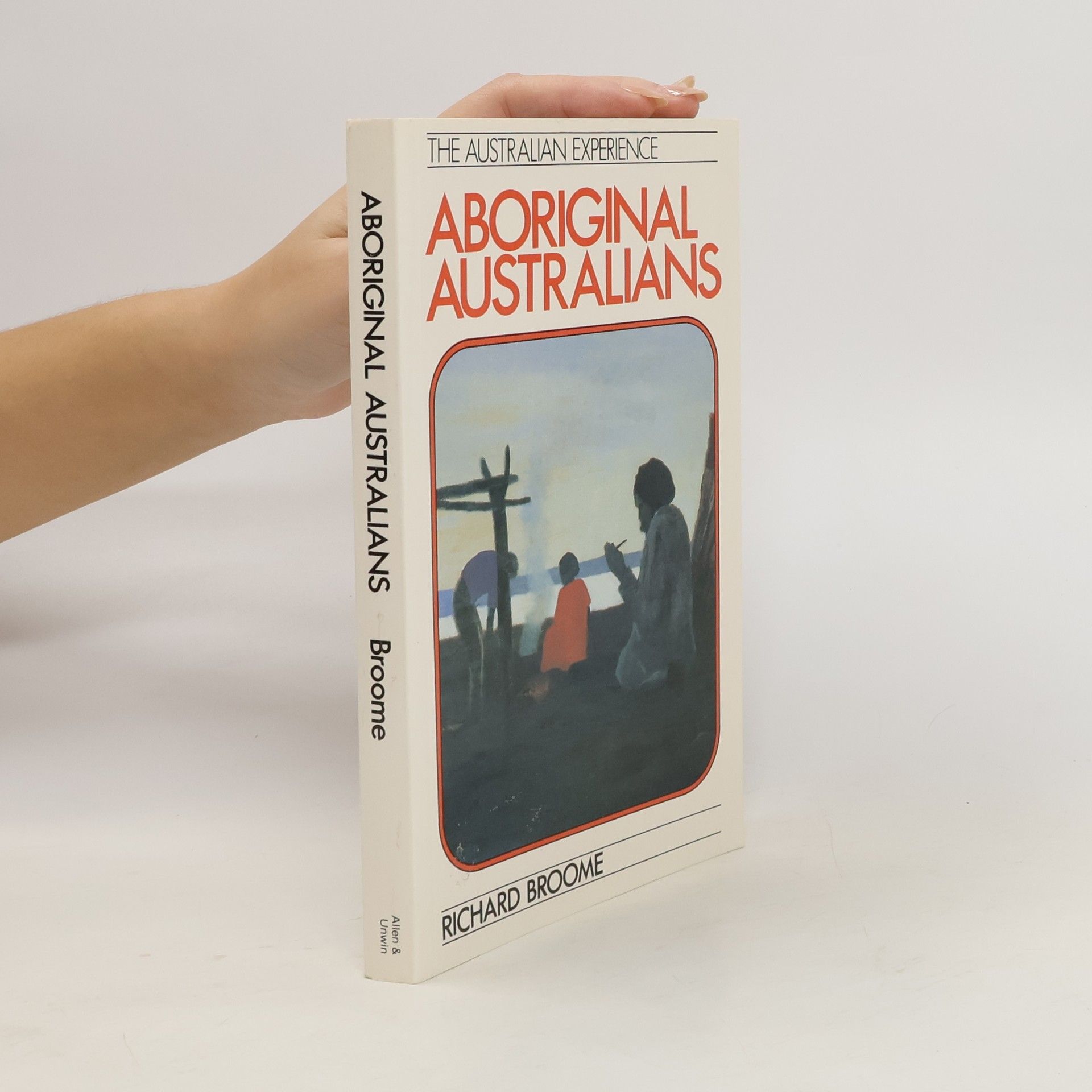Aboriginal Australians: A History Since 1788
- 432pages
- 16 heures de lecture
The history of Australia is explored through the lens of its original inhabitants, detailing the profound impact of colonialism on Aboriginal communities. Richard Broome examines over two centuries of interactions between Aboriginal people and European settlers, highlighting the displacement and struggles faced by Indigenous Australians. The narrative emphasizes both resistance and adaptation, while also addressing contemporary issues such as the Northern Territory Intervention, the mining boom, and the revitalization of Aboriginal culture. This fifth edition remains a pivotal account of Aboriginal experiences and relations with settler society.

